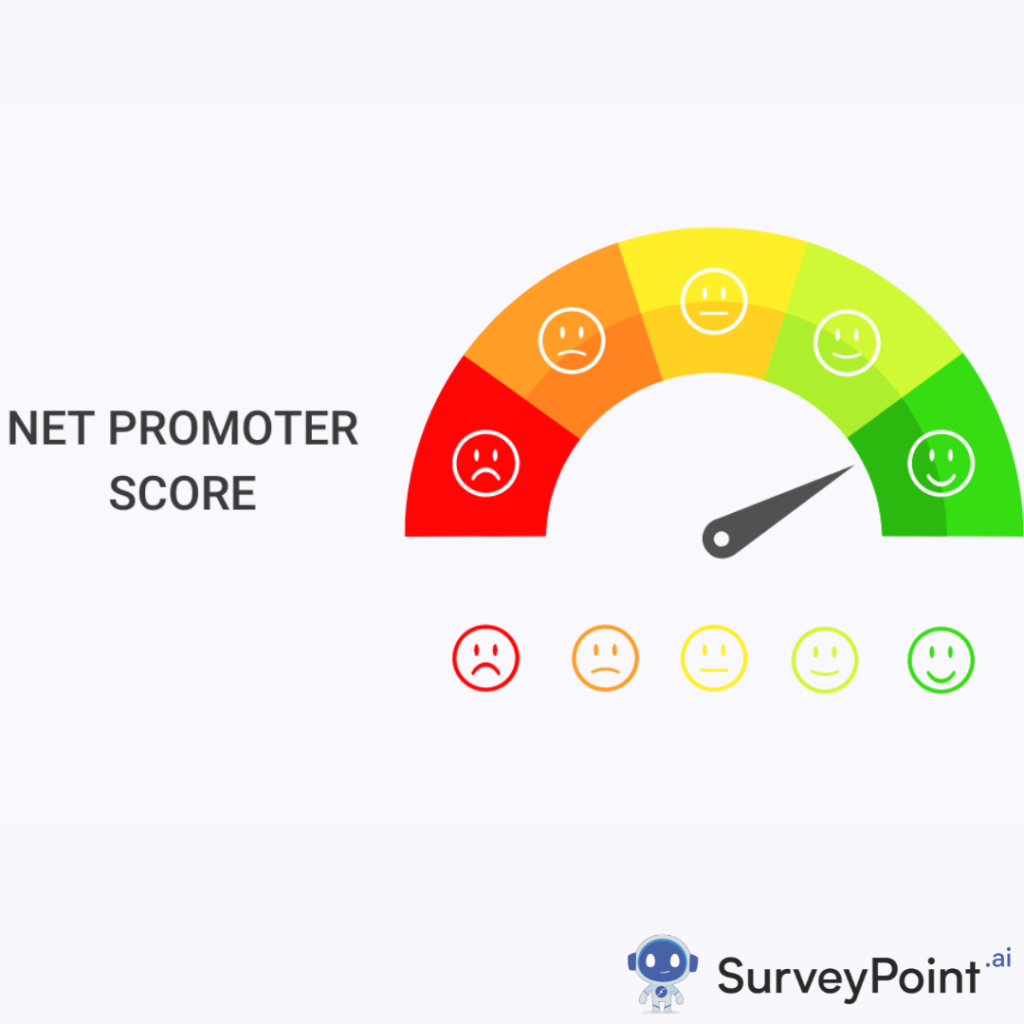
In the rapidly evolving digital age, the success of a business is intricately linked with its online reputation. With the pervasive influence of social media and the rapid dissemination of information, actively managing and maintaining a positive online image has become imperative. This extensive guide aims to equip beginners with a thorough understanding of Online Reputation Management (ORM), delving into its definition, significance, the platforms involved, and practical strategies for implementation.
What Is Online Reputation Management?
Online Reputation Management (ORM) is the proactive practice of shaping and influencing public perception of an individual or organization through various online channels. It encompasses the continuous monitoring, analysis, and strategic response to online reviews, comments, and mentions to uphold a positive image. At its core, ORM revolves around the concept of a digital footprint, where every online interaction contributes to the overall perception of a brand.
Why Reputation Management Is Important for Your Business:
a. Trust and Credibility:
i. The centrality of trust in consumer decision-making.
ii. The symbiotic relationship between a positive online reputation and building credibility and customer trust.
b. Impact on Sales and Revenue:
i. Real-world case studies illustrating the correlation between a robust online reputation and increased sales.
ii. The tangible consequences of negative online reviews on consumer purchasing decisions.
c. Competitive Advantage:
i. The strategic significance of a positive online reputation in setting a business apart from its competitors.
ii. The enduring benefits of maintaining a robust and positive digital presence.
Online Reputation Management Media Channels:
a. Social Media Platforms:
i. Analyzing the significance of popular platforms such as Facebook, Twitter, and Instagram.
ii. Developing effective strategies for monitoring and engaging with audiences on various social media channels.
b. Review Websites:
i. Understanding the influence of review sites like Yelp, Google Reviews, and TripAdvisor.
ii. Crafting responses to both positive and negative reviews in a manner that enhances reputation.
c. Blogs and News Articles:
i. Examining the impact of blogs and news articles on online reputation.
ii. Strategies for addressing and managing online PR crises stemming from media coverage.
How to Do Online Reputation Management:
a. Set Clear Goals:
i. Defining specific ORM goals aligned with broader business objectives.
ii. Establishing key performance indicators (KPIs) to measure the success of ORM efforts.
b. Monitor Online Presence:
i. Utilizing advanced online monitoring tools to keep track of brand mentions.
ii. Emphasizing the importance of real-time monitoring for timely and effective responses.
c. Engage with Your Audience:
i. Building a positive online presence through active engagement.
ii. Offering practical tips for responding to comments and reviews in a professional and constructive manner.
d. Generate Positive Content:
i. Creating and promoting positive content to overshadow negativity.
ii. Leveraging diverse content formats, including blog posts, videos, and infographics, to build a robust online presence.
Manage Your Online Reputation:
a. Crisis Management:
i. Preparing for and effectively handling online crises.
ii. Outlining step-by-step actions to take when facing a reputation-threatening situation.
b. Legal Considerations:
i. Understanding the legal dimensions of online reputation management.
ii. Navigating issues related to online defamation and privacy concerns.
c. Continuous Improvement:
i. The necessity of ongoing monitoring and adaptation to industry trends.
ii. Evolving ORM strategies to stay ahead in the dynamic and competitive digital landscape.
Conclusion
In conclusion, mastering the intricacies of Online Reputation Management is indispensable for businesses aiming to thrive in the digital era. By comprehending the principles outlined in this beginner’s guide and implementing effective ORM strategies, businesses can proactively shape their online image, foster trust, and gain a competitive edge in the ever-evolving digital landscape. As the digital realm continues to evolve, staying attuned to the dynamics of online reputation management will be a pivotal aspect of sustained success.




